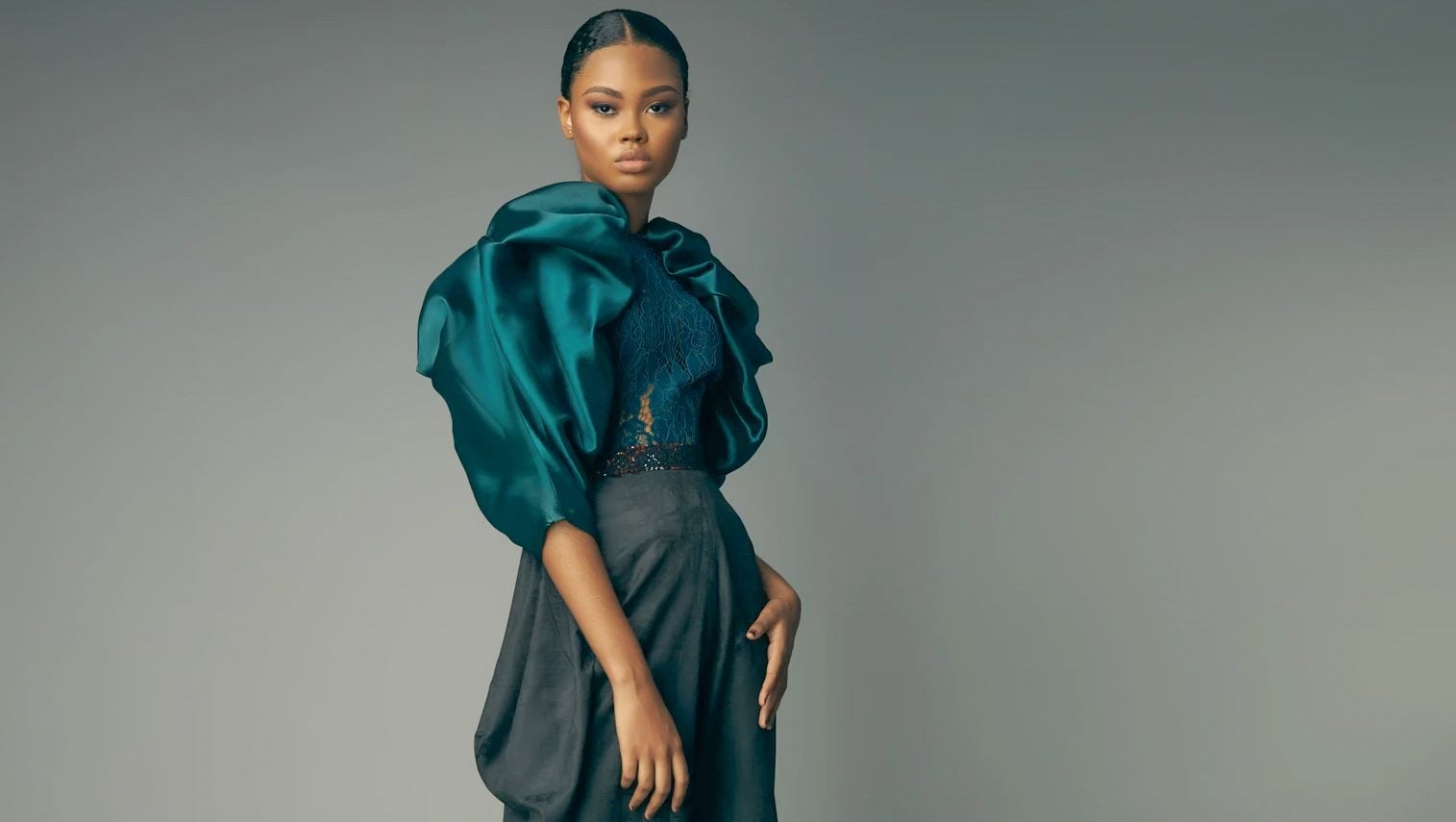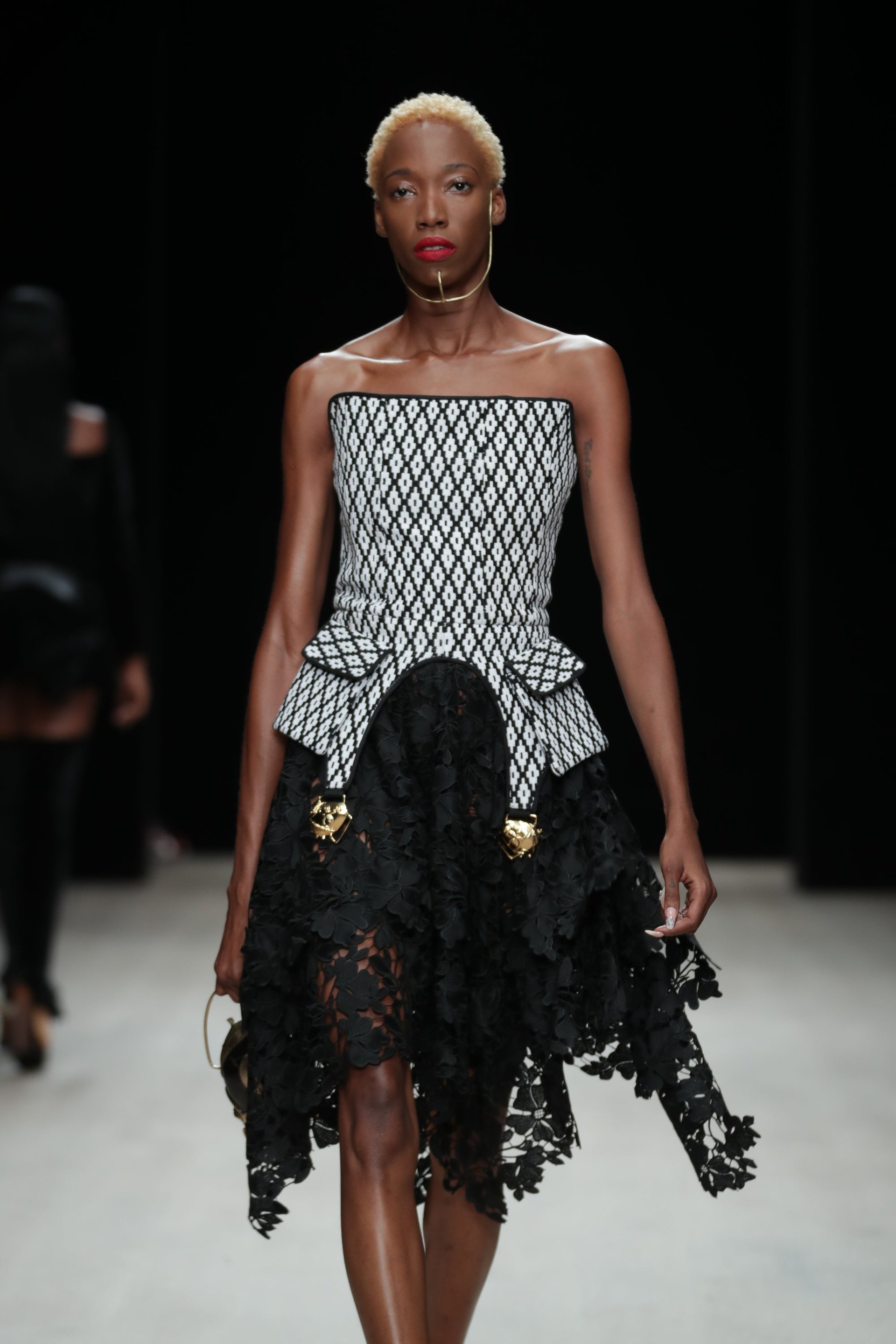Africa’s fashion industry has its first dedicated investment company
Sub-Saharan Africa’s apparel, textile, and footwear market is estimated to be worth $31 billion, and its fashions are often an inspiration for international designers. But many of its entrepreneurs operate in the informal sector. A lack of wide access to capital, low production capacities, and small distribution networks limit the industry’s growth potential.


Sub-Saharan Africa’s apparel, textile, and footwear market is estimated to be worth $31 billion, and its fashions are often an inspiration for international designers. But many of its entrepreneurs operate in the informal sector. A lack of wide access to capital, low production capacities, and small distribution networks limit the industry’s growth potential.
In response to this, a new investment company has launched exclusively targeting African fashion brands; getting into the continent’s multi-billion-dollar fashion industry as it looks to scale it up.
Birimian Holdings aims to support African fashion brands in the continent and diaspora to facilitate and accelerate the growth of their businesses regionally and internationally.
Long-term financing
Birimian, run from Abidjan and Paris, wants to provide brands with long-term financing of $30,000 to $3 million at different growth stages. It will provide brand consultation and coaching, help companies strengthen their production and distribution capacities, and give them international exposure. In addition, the company aims to help brands strengthen their internal control and financial planning processes, and implement sustainable expansion plans.
“Rather than having the rest of the world coming on the continent to get inspired, take what they want, and use it in their own way, there is a need for us as an African brand to really strengthen our capacities to excel and shine internationally,” Birimian founder and CEO Laureen Kouassi-Olsson says.
Birimian is already supporting four brands: Ghana’s Christie Brown, Côte d’Ivoire’s Loza Maléombho and Simone et Élise, and Yeba, whose founder is from Benin.

An industry-specific venture
Private equity firms, venture capital firms, and other funders in the continent are typically not industry-specific, but rather focus on technologies across sectors that they can help scale. Emanuela Gregorio, an economist at the African Development Bank, says. Birimian’s entry is significant because its focused approach means fashion entrepreneurs won’t have to compete with entrepreneurs from other industries, and can get tailored, targeted access to funding sources.
Birimian “make the business case for alternative and novelty financing channels to be set up to serve this underserved market,” says Gregorio, who is also coordinator of the financial institution’s Fashionomics Africa. Launched in 2015, the initiative helps African entrepreneurs in the textile, apparel, and accessories industries create and grow their businesses, including by easing access to finance.
The Trade and Development Bank estimates that the entire value chain of African fashion, from raw material to the design walking down a runway and appearing in stores, could reach $1 trillion. This is the particularly the case if the promise of the much-lauded African Continential Free Trade Area is realized. It has the potential to open the market to local production and manufacturing, and increase opportunities for African designers to more easily sell and ship directly to consumers on the continent.
Gregorio says that attracting investors to the African fashion market through ventures like Birimian could spur new innovations and provide more flexible financial products for the continent’s fashion entrepreneurs.
Sign up to the Quartz Africa Weekly Brief here for news and analysis on African business, tech, and innovation in your inbox.